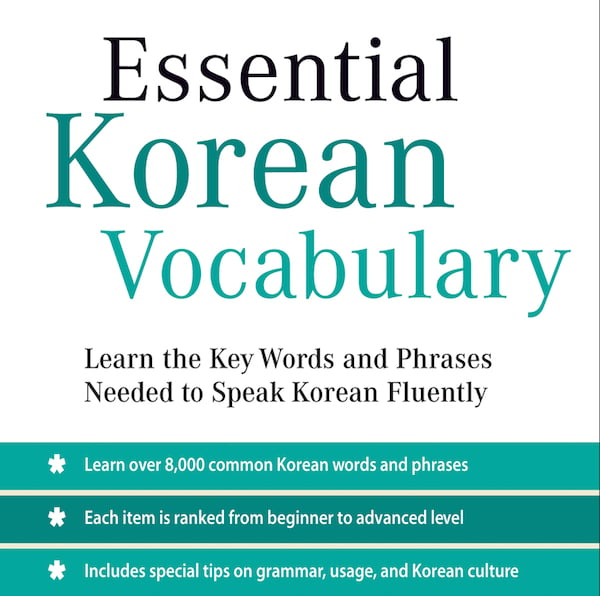Expand Your Korean Vocabulary: 3 Easy & Effective Steps to Sound Professional
One of the most obvious challenges associated with learning a new language is memorizing the sheer number of new words that every language has. For English speakers, learning Korean words can be especially difficult, as there’s very little overlap between Korean and English vocabulary.
Still, there are several engaging and effective things that you can do to expand your vocabulary — all from the comfort of your own home!
If you want to impress your Korean colleagues with your vocabulary, read on for some easy ways you can learn new Korean words and have fun while doing so.
1. Channel your inner poet
The Korean literary legacy is vast, and there’s plenty of excellent literature that you can read, both classic and contemporary.
For those looking to learn new words, we particularly recommend checking out the works of modern Korean poets like Jung-hee Moon and Kyung-rim Shin.
Moon’s 2001 anthology Now Following the Rose will not only expand your vocabulary but also introduce you to the intricacies of the political and social climate of South Korea.
Ultimately, reading any contemporary Korean poetry is a great way to appreciate the language’s unique beauty while loading up your personal dictionary with new words and phrases.
2. Release your inner rock star
K-Pop has exploded in popularity in recent years, and it’s no mystery why this is the case: its catchy melodies are upbeat, fun, and supremely danceable.
But once you’ve danced to your heart’s content to IU’s 2021 hit Lilac, really listen to the lyrics, and look up the words you don’t know. This will help you both learn new words and put your best foot forward at your next after-work karaoke party.
Of course, there’s more to Korean music than just K-Pop. Listening to classics like Nah-Hun-Ah’s 1972 hit, The Hometown Station, is just as useful as K-Pop for picking up vocabulary.
As an added bonus, imagine how surprised your Korean friends will be when they find out you’re familiar not just with the pop hits, but also with the classics!
3. Pick the right dictionary
A good Korean-English dictionary has a place on any Korean learner’s bookshelf. However, finding a great dictionary can be easier said than done.
Ideally, a dictionary will be informative, user-friendly, and comprehensive — all while avoiding overloading the learner with unnecessary information.
Tuttle Publishing’s Essential Korean Vocabulary strikes this elusive balance. Its 8,000 words are explained clearly in English, with useful illustrative sentences that allow you to see the word in context.
It also comes packed with linguistic and cultural information that’s particularly useful if you’re planning a trip to Korea.
So, if you’re struggling to find ways to improve your Korean vocabulary, don’t worry! Doing so doesn’t have to be tedious.
With the suggestions in this list, you don’t even need to leave your home to enrich your Korean lexicon — with the help of a good dictionary, it’s easy to learn new words while reading poetry or listening to K-Pop.
If you’re looking for more practice, check out the rest of our Korean-language book, song, film, and coursebook reviews. Of course, the fastest and most effective way to master the complexities of Korean is to take tailor-made lessons from a qualified native speaker. Check out our Korean course and package options to find out how we can help you learn Korean.


